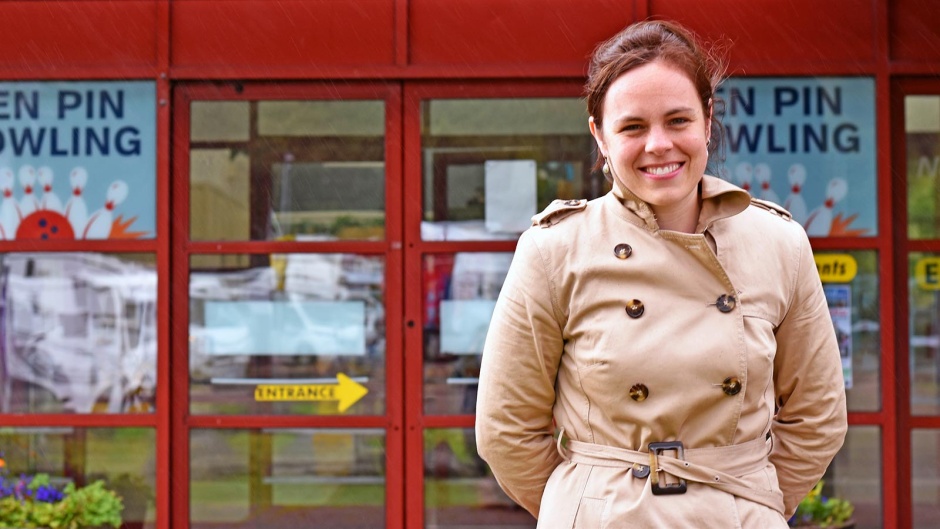Britons prefer Muslims to evangelical Christians in top political leadership, survey says
The debate in Scotland around the candidacy of evangelical Kate Forbes shows that orthodox Christian values such as heterosexual marriage are viewed as disqualifying for political leadership.
Theos, YouGov · LONDON · 02 MARCH 2023 · 11:28 CET

The race to become Scotland’s next First Minister (FM) has opened a profound debate over the role of personal religious beliefs in political leadership.
Kate Forbes, Finance Minister and often tipped as the natural successor of FM Nicola Sturgeon (who unexpectedly resigned in January), has been at the centre of a large social and mediatic debate about faith and politics which has transcended the limits of the Scottish National Party (SNP).
Forbes, a Bible-believing Christian who is an outspoken member of the Free Church of Scotland, is pro-life and has expressed its doubts about the gender self-identification law passed in December by the government she is part of. Forbes also said her faith is clear about the definition of marriage (a man and a woman) although she also underlined that she did not aspire to be FM of Scotland to amend established laws supported by a majority of the population.
Despite attacks in the media and the loss of support among senior SNP leaders, Kate Forbes continues to lead the surveys among pro-independence voters. Hustings (local debates with party members) with the other two candidates aspiring to lead the party and the Scottish government started on Wednesday: her main rival, Humza Yousaf, is a liberal Muslim and is thought to have most support among the senior leadership of the party.
Same-sex marriage and abortion as filters
In this context, a survey conducted by YouGov for the Theos Think Tank showed that the vision of marriage of Bible-believing Christians has become a solid obstacle to access positions of political leadership.
A 50% of the over 2,000 people surveyed in Great Britain said they do not agree that someone opposed to same–sex marriage is allowed to have a senior political leadership role (51% in England, 44% in Scotland).
Among the youngest voters (18-24), only 24% would say someone holding such a view of marriage should be “allowed to hold a top government spot”.
Moreover, 55% responded that being against abortion disqualifies someone from holding a top government role.
Better a Muslim than an evangelical Christian
Asked about specific religious beliefs, evangelical Christians are the faith group less tolerated when it comes to political leadership in Great Britain. 67% of the surveyed say Roman Catholics should be allowed to hold a top political post, while Muslims (64%) and orthodox Jews come close (62%). The number of those who say evangelical Christians should be allowed to lead in politics falls to 53%, with 19% saying they should not and 29% don’t know.
Published in: Evangelical Focus - europe - Britons prefer Muslims to evangelical Christians in top political leadership, survey says
